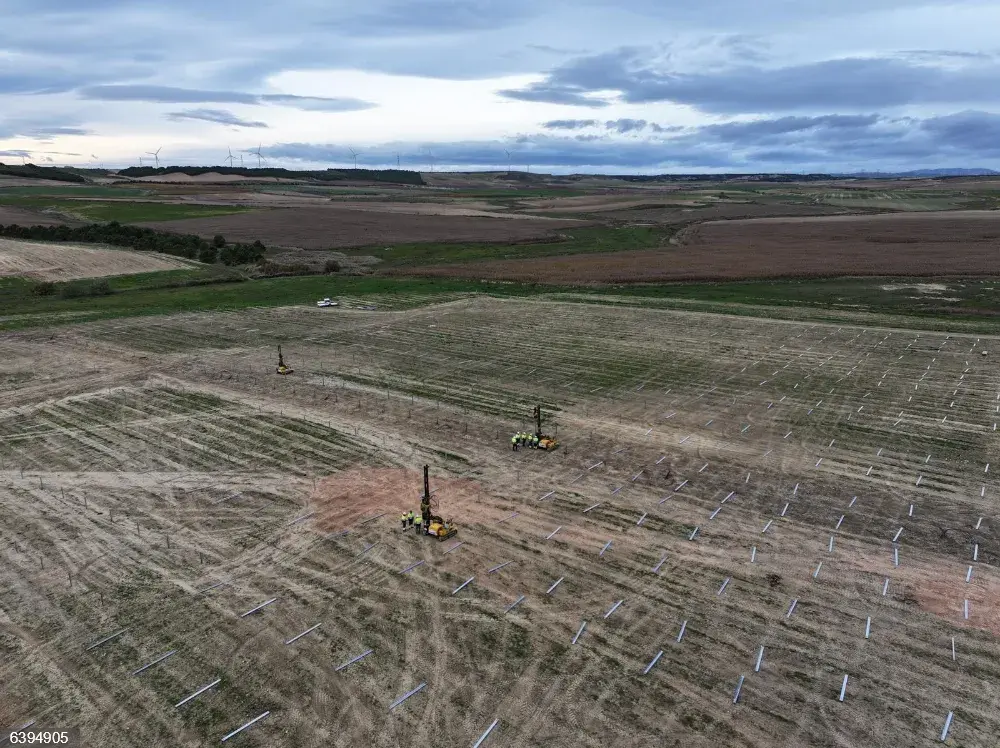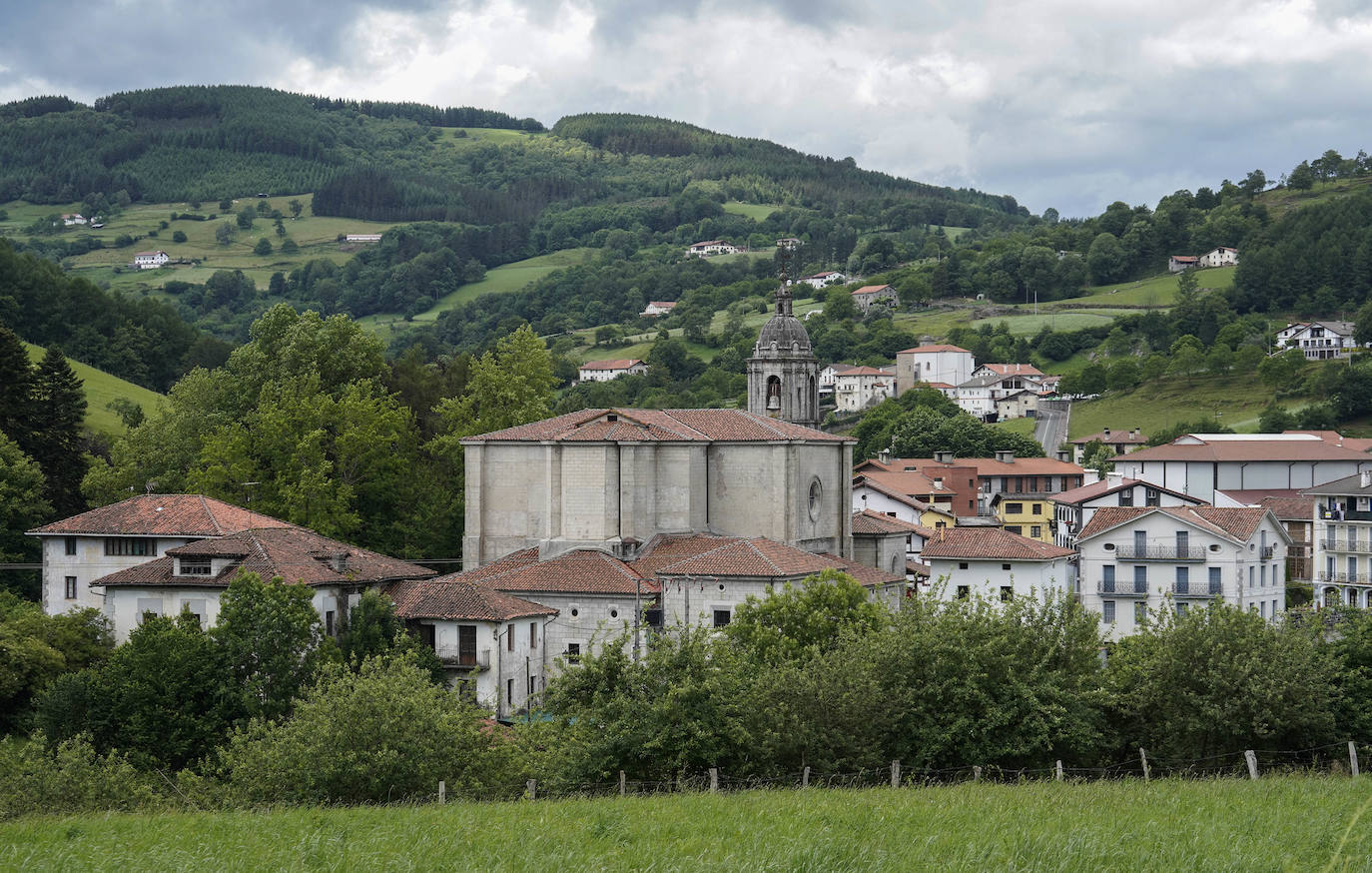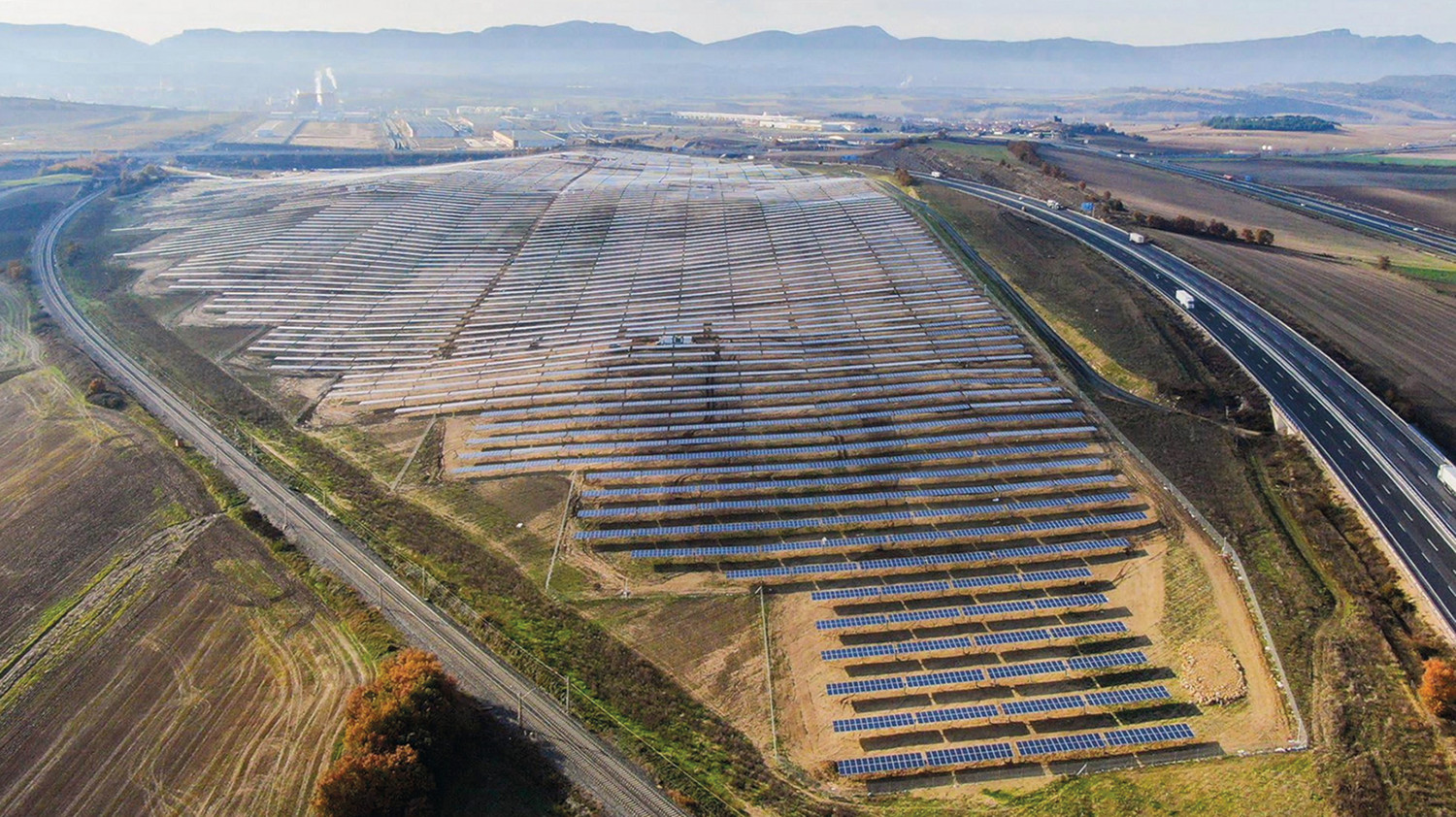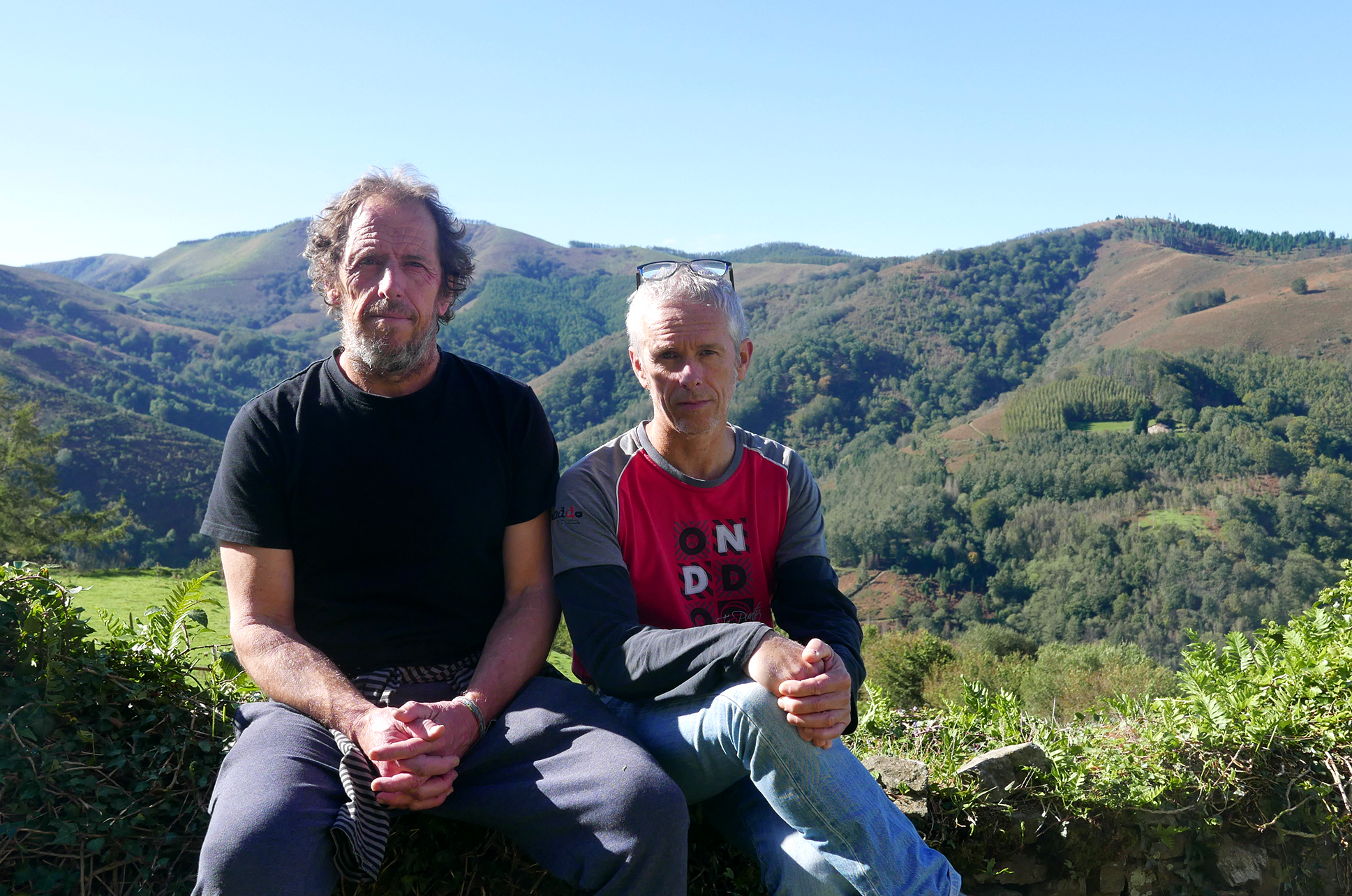The multinational Statkraft has unleashed the intentions to build two wind farms in the Basque Country
- The Norwegian multinational wants to build wind farms on the border with Araba and Gipuzkoa and the Middle Urola. The Azpeitia City Council shall convene an open public meeting in which the company shall be responsible. In the meantime, a number of citizens have begun to organise themselves because they do not see these projects with good eyes and have convened a meeting in Azpeitia.

The Norwegian multinational Statkraft has uncovered this week the news it wants to put in Euskal Herria two wind farms. The multinational has submitted its projects to the Basque Government: On the border with Araba and Gipuzkoa, between Aramaio and Eskoriatza and in Azpeitia.
The Azpeitia City Hall will convene a meeting to discuss the issue and Mayor Nerea Alkorta (EH Bildu) confirms that Statkraft officials will also be present. The project has "innovative" elements according to Alkorta: "That the promoter is a Norwegian public company, and most importantly, there is talk of energy socialization, democratisation and cooperation," he explains to Hamaika Telebista.
The parks that Statkraft intends to build in the Basque Country would be 58 MW and 33 MW of power, with a total investment of 90 million euros
Along the same lines, EH Bildu Eco-Transition Secretary has written on social media, Mikel Otero: "These projects will have to be discussed (like many others), but it seems that we are dealing with a special proposal," he explains in the thread of his Twitter account. Otero adds that the multinational has a "strong ethical code".
Some have seen a change of opinion within EH Bildu with these statements. Arnaldo Otegi, general coordinator of EH Bildu, says that what has changed is the government itself, and sets as an example what has happened to the public company Euskaltel: "When he sold [Arantxa] Tapia said that we couldn't have public companies, that was a matter of communists. Now Tapia says he would like it to be such a company," he said in Euskadi Radio.
Fagor interested
The parks that Statkraft intends to build in the Basque Country would be 58 MW and 33 MW of power, with a total investment of 90 million euros.
The Fagor group, for its part, has pointed out that they have maintained "initial contacts" with the multinational and that they are analysing the opportunity offered by Statkraft's "new model", in the words of Fagor's sustainability officer, Aritz Otxandiano.

Movement against wind farms
In recent years, projects for the creation of wind farms in many regions and territories of the Basque Country have been announced, which has mobilized the citizens who oppose these projects, creating various platforms and protesting.
For example, the Montes de Álava, convened by the Askatasuna collective, marked last August against the wind power plants they want to build in Labraza and Azaceta. The fact of knowing that 4 wind mills of 121 meters height are to be installed on Mount Andatza has also provoked alarms, as this is one of the few natural spaces in the area.
Thus, in Azpeitia there are many who see the Statkraft project with mistrust and have called an assembly, not the Wind Power Plant! next week under the neck.
Holdings of the public undertaking Statkraft
The Norwegian public company has launched a multitude of projects around the world with renewables, a leader in the sector in Europe, creating subsidiaries and holdings or purchasing large companies such as Solarcentury.
In Brazil, for example, the largest wind farm in South America, the Ventos de Santa Eugenia, is being built in Bahia, with 91 turbines and 518.7 MW.

And closer, the construction of a photovoltaic megaplanta of about 435 hectares of Vinalopó in Alicante, or around a football field, is in the hands of Statkraft Holding Spain, S.L. ; environmental groups have brought in various resources that were supposed to be close to energy, because in the end they want to do so with a high-voltage line of 54 kilometers.
Statkraft achieved net yields in 2021 in excess of EUR 1.6 billion through the infrastructure and projects it holds in its hands.








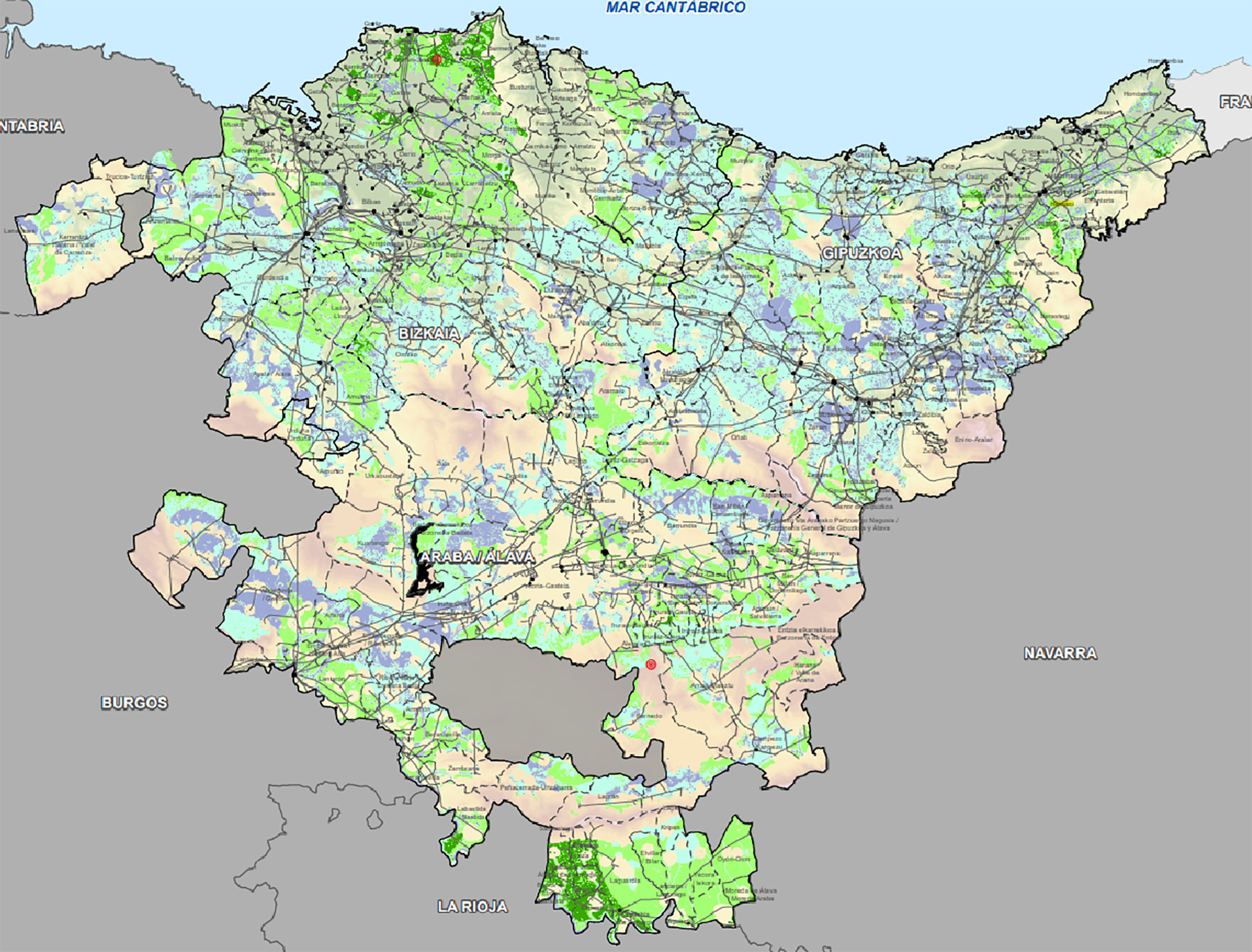
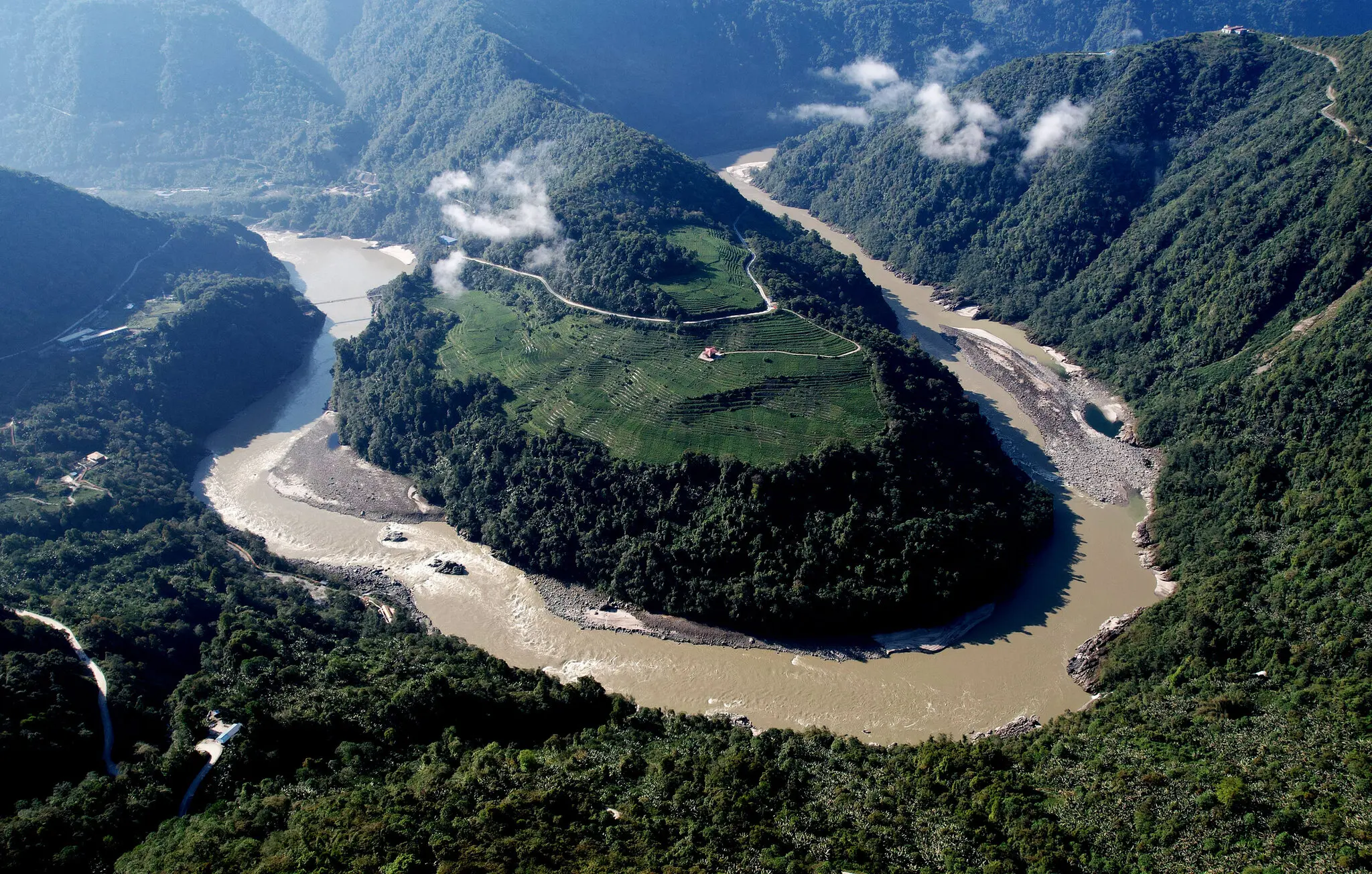


.png)


